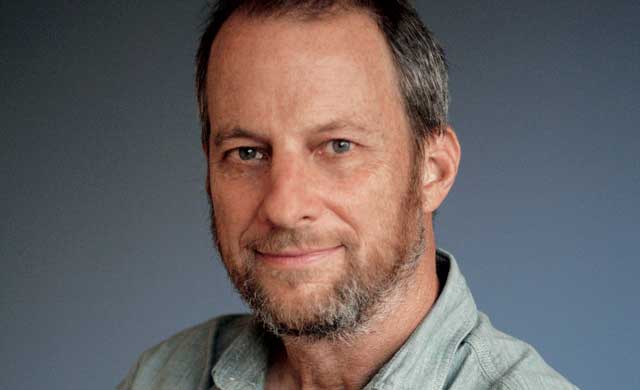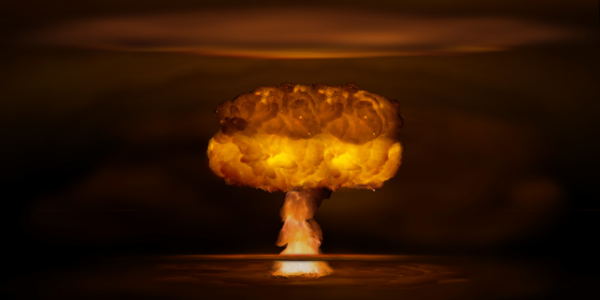

George Packer joins Cameron Munter to discuss how the career of the late distinguished diplomat Richard Holbrooke has informed the last several decades of U.S. foreign policy—as well as his latest book, Our Man: Richard Holbrooke and the End of the American Century.
"My image for Holbrooke's diplomacy is that of a mountain climber who gets higher, the air gets thinner and thinner, and all other climbers start to fall away—it takes tremendous stamina" says Packer. "Diplomacy is not a polite art form with people sitting around drinking tea and speaking in elegant, meaningless sentences; it's a much more raw human activity and a more interesting one than most people know."
When asked if there is an unwillingness among foreign policy practitioners today to incorporate the lessons of history, Packer says: "We Americans are quick to erase the past and move on from it. Americans want to forget about the world, they want to forget about the achievements of American foreign policy and diplomacy, or they don't really know about them."
George Packer is a staff writer at The Atlantic and the author of The Unwinding: An Inner History of the New America, which was a New York Times best seller and winner of the 2013 National Book Award. His other nonfiction books include The Assassins' Gate: America in Iraq, a finalist for the 2006 Pulitzer Prize, and Blood of the Liberals, winner of the 2001 Robert F. Kennedy Book Award. He is also the author of two novels and a play, Betrayed, winner of the 2008 Lucille Lortel Award, and the editor of a two-volume edition of the essays of George Orwell.



